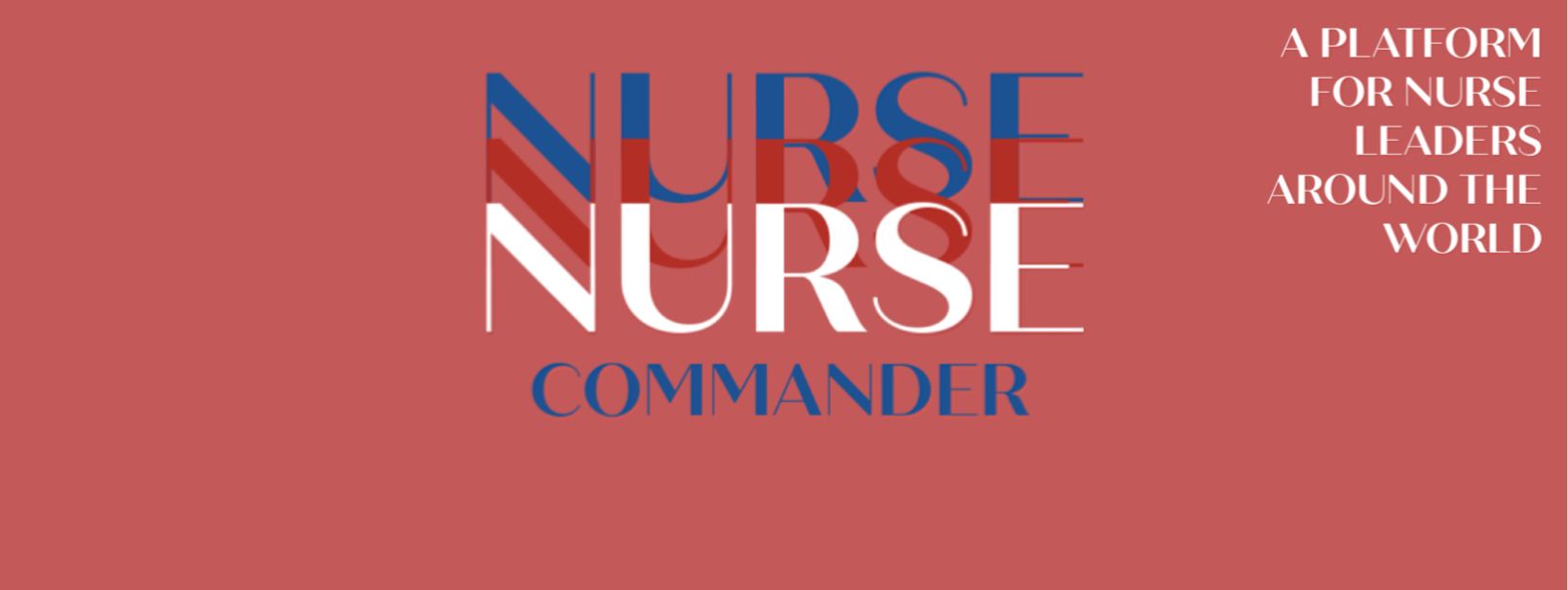Dr. Sheila Davis, DNP, MSN, BSN, is Chief Executive Officer of Partners in Health (PIH). For the past decade, she has held multiple cross-site roles at PIH including Chief of Clinical Operations, Chief Nursing Officer, and head of PIH’s Ebola response, and has a long history of serving the poor and marginalized, working closely with patients suffering from HIV/AIDS, and other global work. Dr. Davis has elevated Partners in Health’s nursing programs and clinical operations, firmly established the organization’s nursing strategy, and heightened the professionalism and inclusiveness of the organization’s thousands of nurses, midwives, and community health workers.
Partners in Health is a non-profit social justice organization that brings the benefits of modern medical science to the poorest and sickest communities around the world, working to ensure that the universal human right to quality health care is realized. Founded in 1987 by Ophelia Dahl, Dr. Paul Farmer, Dr. Jim Kim, Todd McCormack, and Tom White, it has grown from a small organization in Haiti to a global nonprofit with 18,000 mostly local staff in 11 countries and the Navajo nation. PIH has responded to epidemics and outbreaks such as Ebola in West Africa from 2014 to-16, cholera in Haiti since 2010, tuberculosis programs in Lesotho, and HIV programs in Rwanda. Last year, it provided access to care to 8 million people.
Under Dr. Davis’s direction, PIH is now drawing on its more than three decades of experience in community-based health care to provide direction, technical support, and coordination of the US COVID response. This national work began in Massachusetts, where the PIH headquarters is located, in collaboration with the Commonwealth of Massachusetts and local Boards of Health to trace COVID-19 contacts through the Community Tracing Collaborative. The program focuses on reaching out to the contacts of confirmed positive COVID-19 patients to ensure they have the support they need to self-isolate, and to help protect others who have been potentially exposed to the virus. Contact tracing is designed to not just flatten the curve, but also bend the curve downward to reduce the number of cases more rapidly.
Widespread testing and aggressive contact tracing have been key pillars of public health responses to infectious disease outbreaks for more than a century. Along with effective isolation and quarantine measures, contact tracing has played an important role in highly successful COVID-19 control programs in Germany, The Republic of Korea, Singapore, Hong Kong, and China. Expanded testing and contact tracing occurs alongside ongoing efforts to expand bed capacity, increase supplies of Personal Protective Equipment (PPE) for caregivers, and provide more ventilators. Testing, contact tracing, and safe, high-quality care are the core elements of the response to COVID-19.
PIH and the state Community Tracing Collaborative are supporting state efforts by training and deploying hundreds of contact tracers. The Community Tracing Collaborative has a virtual support center of over 600 people that works to contact COVID-19 patients and contacts in Massachusetts, learn about their recent public activities, and ensure that they can take appropriate steps to get healthy and not spread the virus further.
Call to Action
“Nurses work in all aspects of health care system and can play a key role in redesigning healthcare. Look to our public health and social justice roots inspired by nurse leaders like Lillian Wald. We can use this crisis as a catalytic moment to redesign healthcare and design new models of care with a community focus. Nurse need to engage in advocacy at every level from the patient to the policy level to design new models of care” said Dr. Davis.
- To lead strategically while expanding focus nationally and internationally requires making sure initiatives align with the organization’s mission.
- In times of crisis, while it is important to develop consensus, a leader most also be deliberate and decisive in their decision-making.

